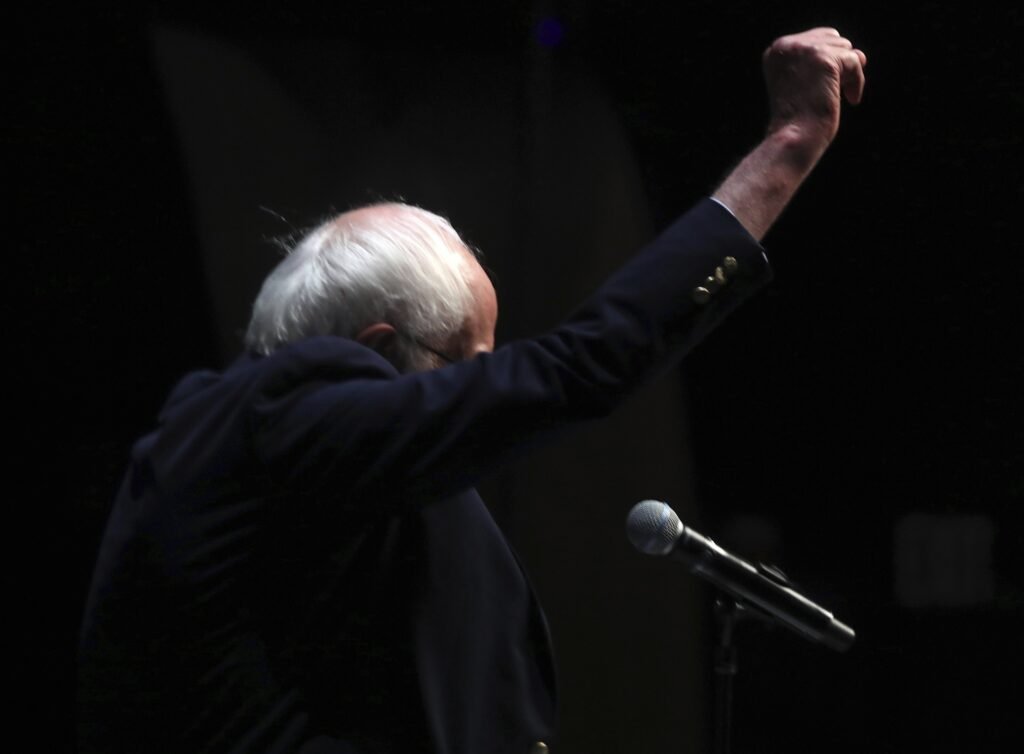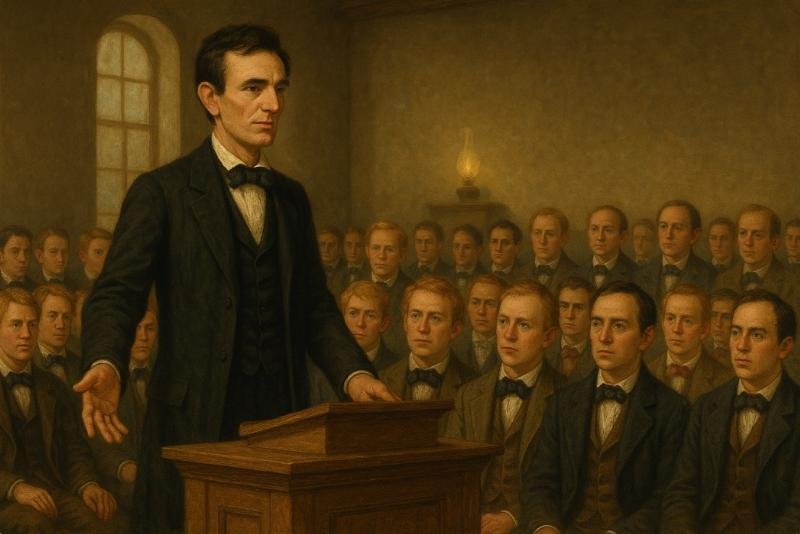Now Reading: Democratic Socialists pose a significant risk to society
-
01
Democratic Socialists pose a significant risk to society
Democratic Socialists pose a significant risk to society

Article Summary
In 1982, the Democratic Socialists of America (DSA) was founded, largely propelled by figures like Michael Harrington, who sought to unite various socialist factions while initially supporting Israel as a national liberation movement. However, a notable shift occurred within the DSA, particularly following the Hamas attack on October 7, 2023. The organization denounced both the killing of civilians and the Israeli government, suggesting a climate where opposition to Israel is increasingly intertwined with anti-Zionist sentiments, disturbing many who view these developments as antisemitic.
The DSA’s influence is evident in recent elections, with 94% of candidates endorsed by socialist groups winning their races in the 2024 elections. This success reflects a growing acceptance of socialist ideals among voters, particularly among younger generations. However, an alarming trend is also observable: even established figures such as Alexandria Ocasio-Cortez have faced backlash from the DSA for condemning antisemitism, highlighting a growing schism within the party’s ranks regarding issues of identity and support for Israel.
As democratic socialism continues to gain traction, debates are intensifying over its implications for governance and societal values. With an increasing number of candidates embracing these ideologies, questions arise concerning the potential implications for civil discourse, economic policy, and civil rights, particularly concerning the treatment of Jewish communities. The rise of influential democratic socialists indicates a shift in how Americans perceive government entitlements and the role of social movements, prompting deeper discussions about the future of American democracy and societal cohesion.













